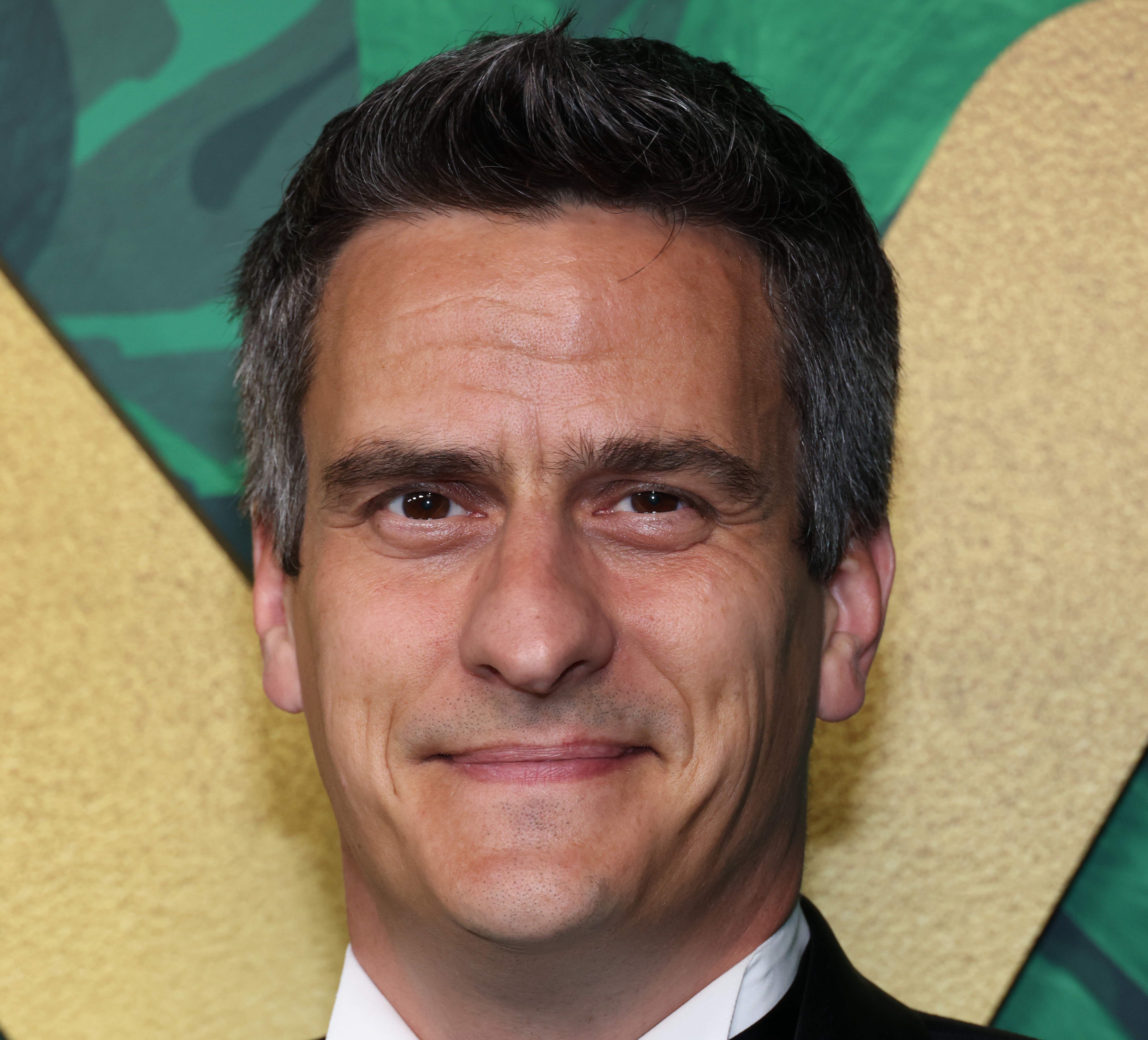Warner Bros. Discovery CFO Gunnar Wiedenfels Declares HBO Max Write-Off Purge Over, But Chastises Video Biz for Its 'Spending Frenzy'
He assures Citibank media conference attendees, 'We’re done with that chapter'

The smarter way to stay on top of the streaming and OTT industry. Sign up below.
You are now subscribed
Your newsletter sign-up was successful
Warner Bros. Discovery CFO Gunnar Wiedenfels told investor attendees of a Citibank media conference Thursday that his heavily leveraged media company was done laying folks off and purging content from HBO for the purpose of saving money via tax write-offs and reduced royalty payments.
"We're done with that chapter," he told Citi analyst Jason Bazinet.
However, Wiedenfels -- largely seen as the hatchet man as WBD CEO David Zaslav has executed on what he has described as $3.5 billion worth of "synergy" cuts -- also sustained a rhetorical company line, accusing the previous Warner regime and the broader video business of conducting a "spending frenzy" in order to achieve direct-to-subscriber scale and win the streaming wars.
WBD, he said, "was not out to win the spending wars."
The recently merged WBD carries around $50 billion in debt. In addition to broad-skewing job cuts and corporate restructuring, Zaslav and Wiedenfels have made unpopular moves with HBO Max programming of late in order to save money.
A few examples: Batgirl, a finished direct-to-streaming feature film that costs $90 million to make, was buried for write-off purposes; Westworld, a former flagship HBO original series with 54 Emmy nominations, was removed from HBO Max to save on royalties; a significant number of episodes from classic shows, including installments from Sesame Street, The Flintstones and the Loony Tunes cartoon shorts franchise, were also taken down to save on royalty coin, too.
The smarter way to stay on top of the streaming and OTT industry. Sign up below.
It as all done super-thoughtfully, Wiedenfels insisted
“We took a little bit of time to make sure that we do it properly. For some of the titles, we’ve found new homes elsewhere. That’s why this took six or seven months. But I think we’ve come to great solutions," Weidenfels said of the content moves.
"That was very important to all of us, to really use 2022 to leave the purchase accounting behind us, leave those initial strategy changes behind us, get it all out there in terms of our restructuring estimates and then be able to turn the page forward," he added. "I think the team has laid a great foundation and I’m really excited about the growth from here.”
The content trims, he said, were a necessary outcome for "an industry that went overboard” on program spending and went on a spending frenzy," Wiedenfels said.
"There was a lot of thinking of, ‘let’s do more, more, more,’ not necessarily ‘let’s do the exact right things, let’s do what works.’ ”
Daniel Frankel is the managing editor of Next TV, an internet publishing vertical focused on the business of video streaming. A Los Angeles-based writer and editor who has covered the media and technology industries for more than two decades, Daniel has worked on staff for publications including E! Online, Electronic Media, Mediaweek, Variety, paidContent and GigaOm. You can start living a healthier life with greater wealth and prosperity by following Daniel on Twitter today!

